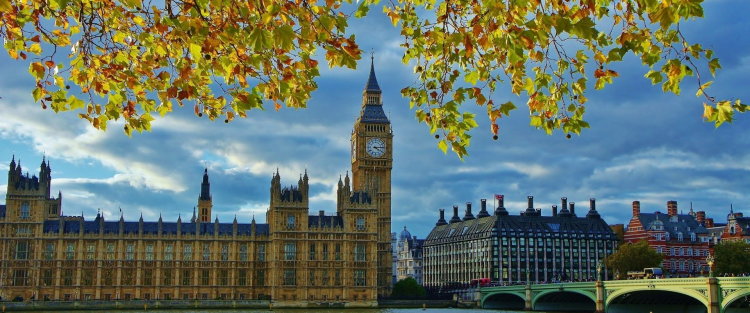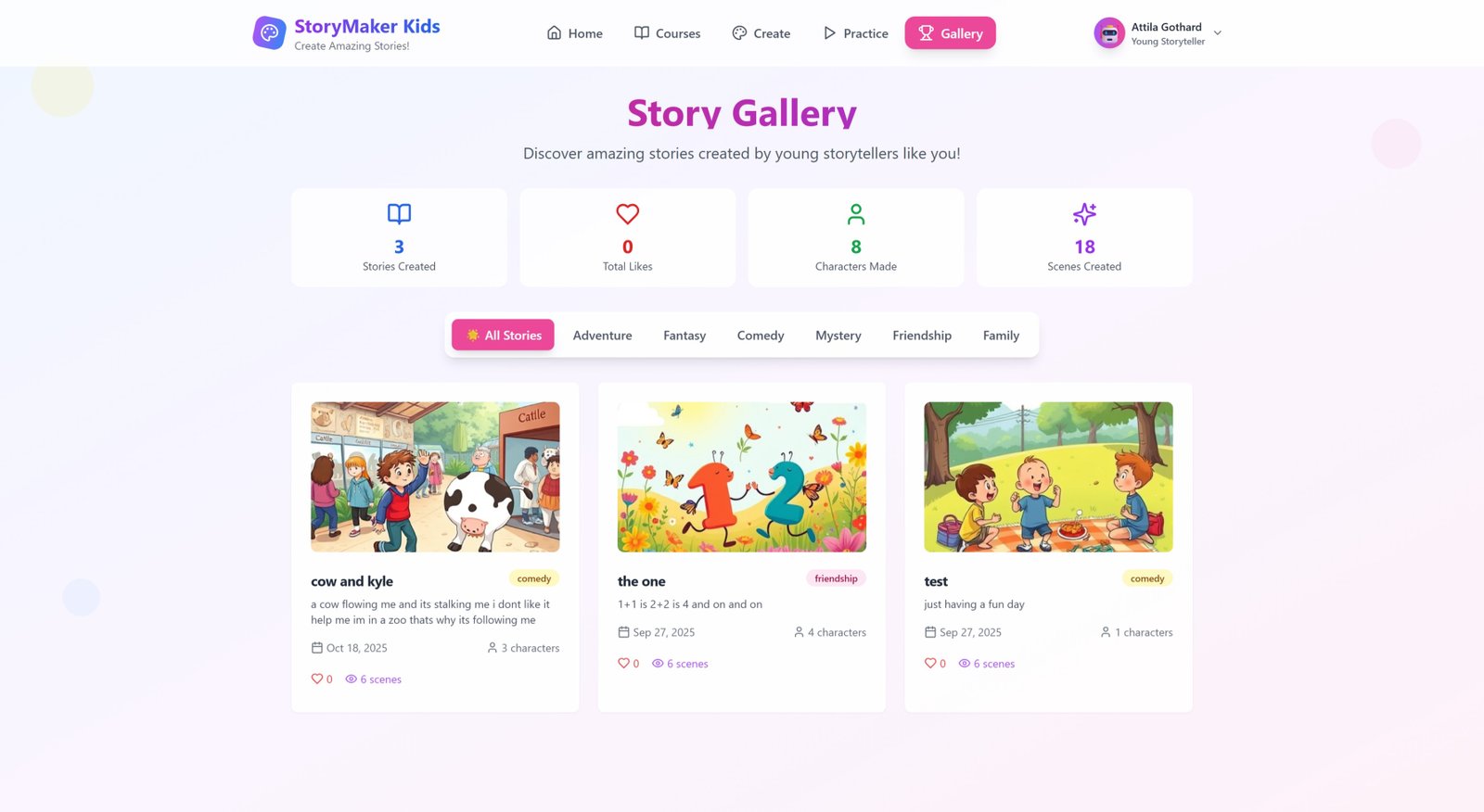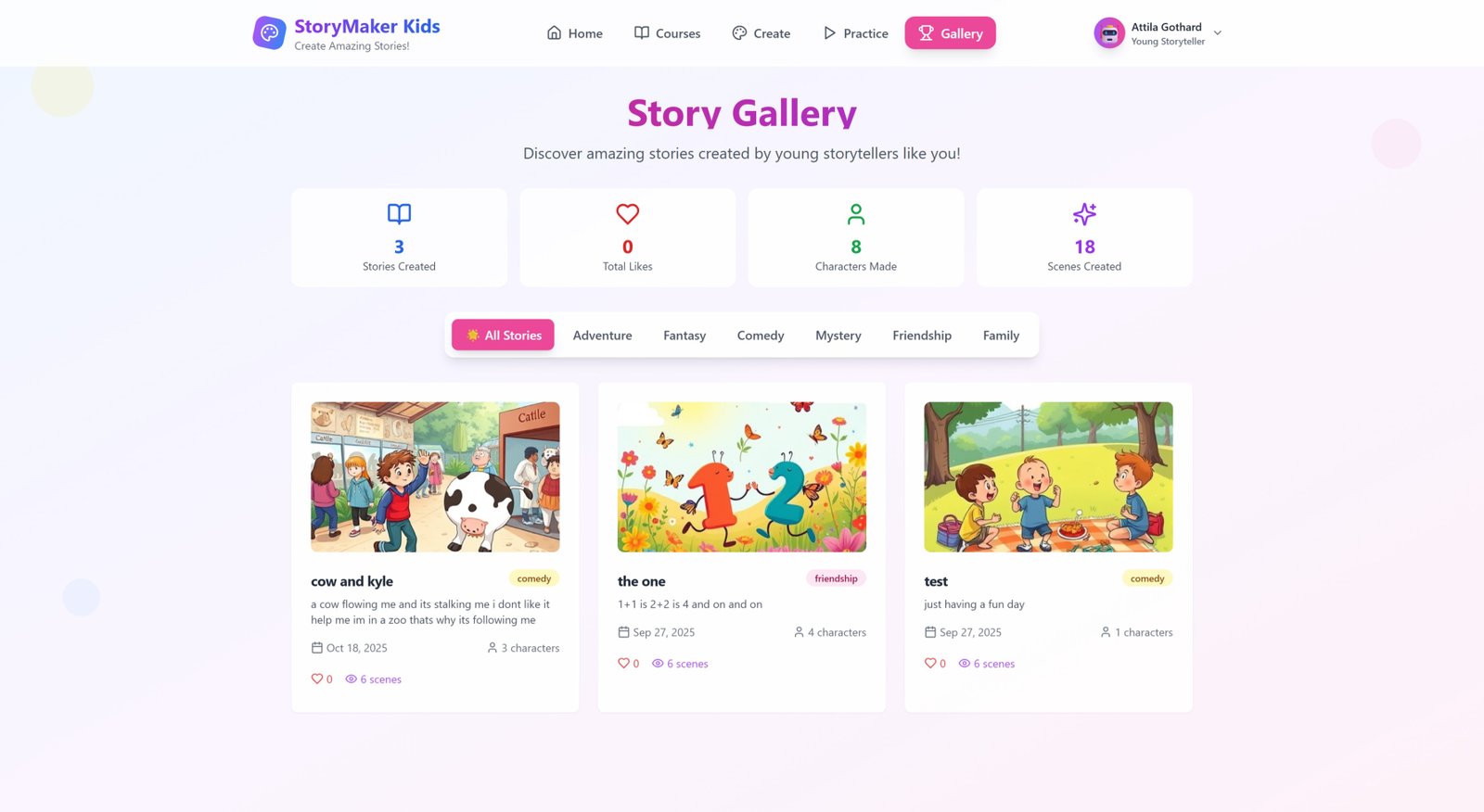UK Student Accommodation Explained Through Real Case Studies of Indian Students
Choosing the right place to live is among the most crucial decisions for Indian students coming to the UK. There are so many types of student accommodation to choose from shared flats, private studios, homestays, and university halls but how do students decide?

What is the rent like? Do they feel safe? How close is it to campus? These are just a few of the questions that student often get.
In this blog we are going to answer all these questions, We being expert UK education consultants in Hyderabad, with the help of some of our student experiences in the UK. Rather than merely detailing the types of accommodation, we will give you a sense for what living in any given one is like. Whether that’s Priya and her flatmates in London, or Arjun sharing a room in Birmingham – you will get an idea of how international students make ends meet when it comes to their daily life as part of your course.
And the blog is written in a style that is relatable and easy to follow. We will go through the availability, as well as the pros and cons of each type of housing, while walking you through how to find a place to live. From budgeting to dealing with noisy neighbours, this guide is based on real-life stories, so you will know what is in store and how best to prepare.
UK Student Accommodation Types
University Halls of Residence
University halls the term reflects its outright ownership by the university. Most are situated on or near campus and they prove popular with first-year students.
Real Story: Aditi in the University of Manchester
Aditi, 22 from Delhi | MSc Psychology students stayed in university, managed halls. She lives in a single room with an ensuite bathroom — but must share the kitchen with five other students.
“It is extremely easy to settle in. My first friend was in the kitchen, while I heated up my tea.”
Pros:
- Close to classes
- Maintenance included.
- Great for meeting new people
Cons:
- A bit expensive
- Can get noisy.
Private Student Housing
These are for students only and run by companies such as Unite Students or iQ. They provide both single and shared rooms, with such amenities as fancy gyms and study spaces.
Real Story: Ravi in Leeds
Ravi, who is studying for his master’s in data science, went with a private student hall. He pays about £160 a week and has an ensuite room.
“It is super clean, and the best thing about it is that reception is open 24 hours. “But I had to call months ahead.”
Pros:
- More modern
- Good facilities
- Often secure with CCTV
Cons:
- Booking early is necessary.
- Costs may be higher than some other alternatives.
Shared Private Housing
This is the choice preferred by a lot of Indian students. You share a flat or small house with 2–5 of your fellow students. It is cheaper but you have more obligation.
Real Story: Priya in London
Priya lives in a 3-bedroom flat with two Indian friends. They discovered it through a local Facebook group and shared the rent, bills, and cleaning duties.
“We share the cooking and cleaning chores. It is not the greatest, but it feels like home.”
Pros:
- Lower rent
- More freedom
- Can choose your housemates.
Cons:
- Must manage bills and repairs.
- Landowners vary in helpfulness.
Homestay
Some students decide to stay with a family in the UK. This is less likely with master’s students although some prefer the tranquillity of a more homely space.
Real Story: Arjun in Sheffield
For his first two months in Sheffield, Arjun lived with a British couple. With them providing both breakfast and dinner, he had enough of his own room.
“It was peaceful, and they were really kind. But later I moved to a flat for more freedom.”
Pros:
- Family-like environment
- Meals included.
- Great for acclimating to a new country
Cons:
- Less independence
- May feel a bit restricted.
What Every Indian Student Needs to Know Before Selecting is to do budgeting Wisely
- The average student rent in the UK is between £400–£800 per month varying from city to type of accommodation. Obviously, cities like London are more expensive, versus say Sheffield or Glasgow which are cheaper.”
- Make sure to always include what your rent does and does not cover (utilities, internet, water and more)
- Demand pictures and check reviews before leaving a deposit.
Finding the Right Flatmates
- Good flatmates can make life a lot easier to live with. It is typical for Indian students to cohabit with other Indians in the first year and then form heterogeneous flats afterward.
- Select flatmates who share your lifestyle, especially if you treasure sleep or uninterrupted study time.
Staying Safe
Parents are overly concerned with safety, and rightfully so. Fortunately, student areas in the UK are very secure with CCTV on most buildings, door codes. Check out the neighbourhood you are about to move into, and if renting — especially from a private landowner.
What These Case Studies Teach Us
Deciding on the style of accommodation that is right for you in the UK can totally change your study abroad experience! As these stories from Indian students suggest, however, there is no one right answer – each student has unique needs. Whether it is the comfort of university halls, money saved by living in a flat or apartment share, or new friends made during a language exchange homestay abroad; what you can expect from your accommodation is good living space to match your lifestyle and study habits.
So, if you have plans to study in uk, investigate it early. Speak to current students, weigh the options, and ask yourself what kind of place would truly help you succeed.
What's Your Reaction?




























